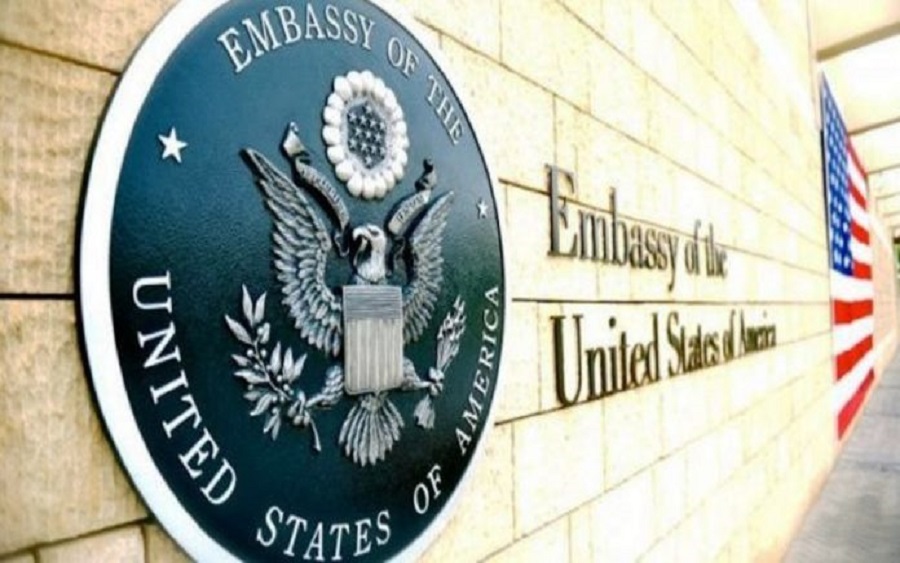The outgoing administration of US President, Donald Trump, on Monday, November 23, 2020, issued a new temporary visa rule that requires tourist and business travelers from 15 African countries and others to pay a bond of up to $15,000 in addition to the visa fees, which ranges from $16 to $300, in order to visit the United States.
According to TheCable, the US State Department said the visa bond pilot programme, expected to take effect from December 24 and end on June 24, 2021, is targeted at countries whose citizens have higher rates of overstaying B-2 visas for tourists and B-1 visas for business travelers.
READ: Update: No one will take our democracy away, not now, not ever- Biden
The Trump administration said the six-month pilot program aims to test the feasibility of collecting such bonds and will serve as a diplomatic deterrence to overstaying the visas. Hence, overstay places significant pressure on Department of Justice and Department of Homeland Security.
The visa bond rule will permit U.S. consular officers to request tourist and business travelers from countries whose nationals had an overstay rate of 10% and above in 2019 to pay a refundable bond of $5,000, $10,000, or $15,000.
READ: COVID-19: IMF Chief predicts $345 billion financing gap in African countries
The countries whose tourist and business travelers fall into this category and subjected to the bond requirements are 24 countries, including 15 African countries. While these nations had higher rates of overstays, they sent relatively fewer travelers to the United States.
The countries include Afghanistan, Angola, Bhutan, Burkina Faso, Burma, Burundi, Cape Verde, Chad, the Democratic Republic of the Congo (Kinshasa), Djibouti, Eritrea, the Gambia, Guinea-Bissau, Iran, Laos, Liberia, Libya, Mauritania, Papua New Guinea, Sao Tome and Principe, Sudan, Syria, and Yemen
READ: Falling Oil prices: Nigeria’s Halloween reality
Nigerian travelers escaped paying the temporary visa rule, as their overall score was below the threshold of 10% and above overstaying rate.













We escape this one, thank God
Make sense
Of course, they must have also considered the likely revenue loss from countries with high visitation rates, before coming to the decision that the listed countries have the fewest visitation rates to their country, hence any backlash would be insignificant. Meanwhile, Nigeria and other poorly governed African countries would continue to be the guinea pigs for these kinds of policies by Western countries, until we start making genuine efforts towards sustainable industrialization.
I don’t trust this news network